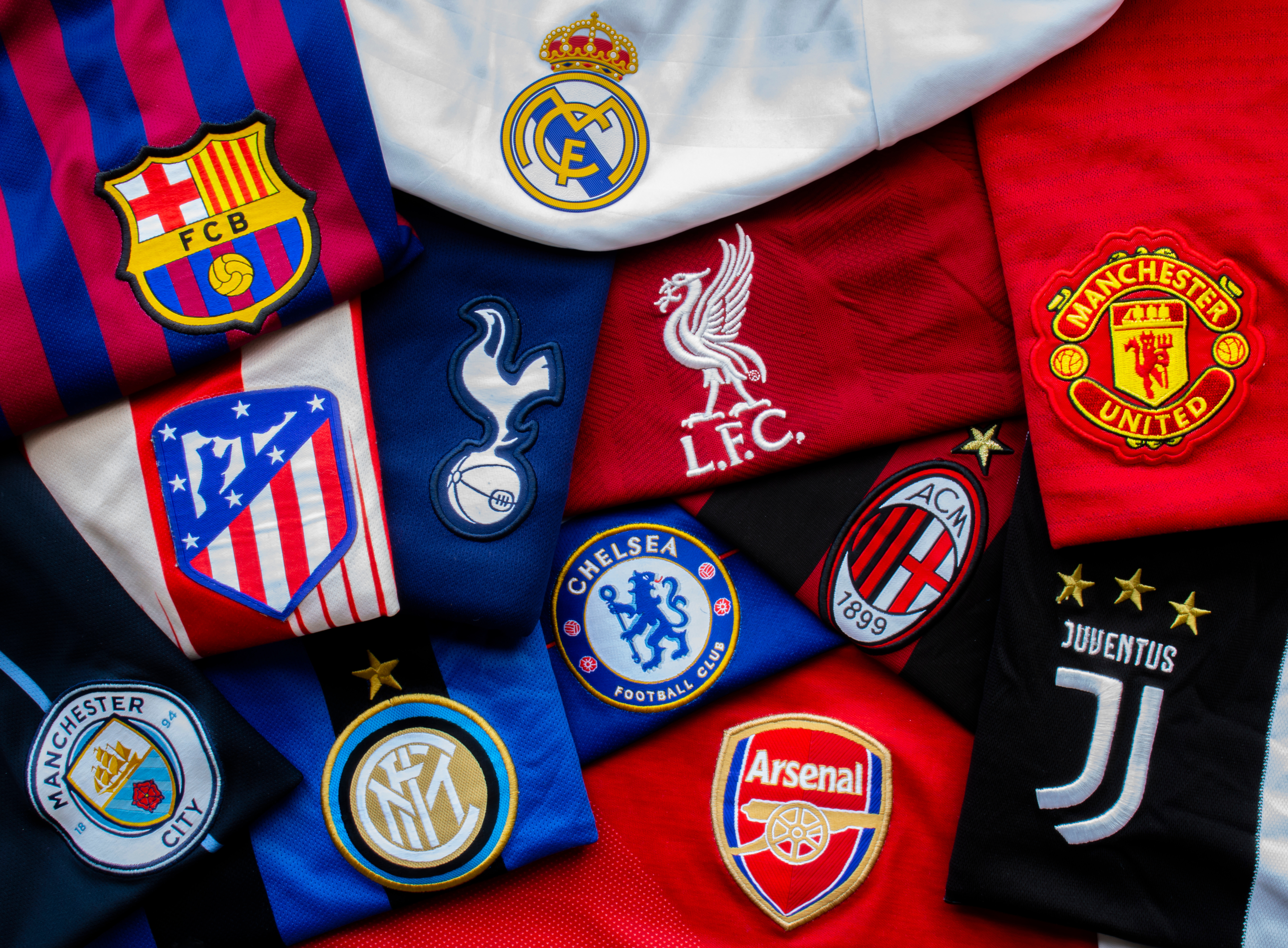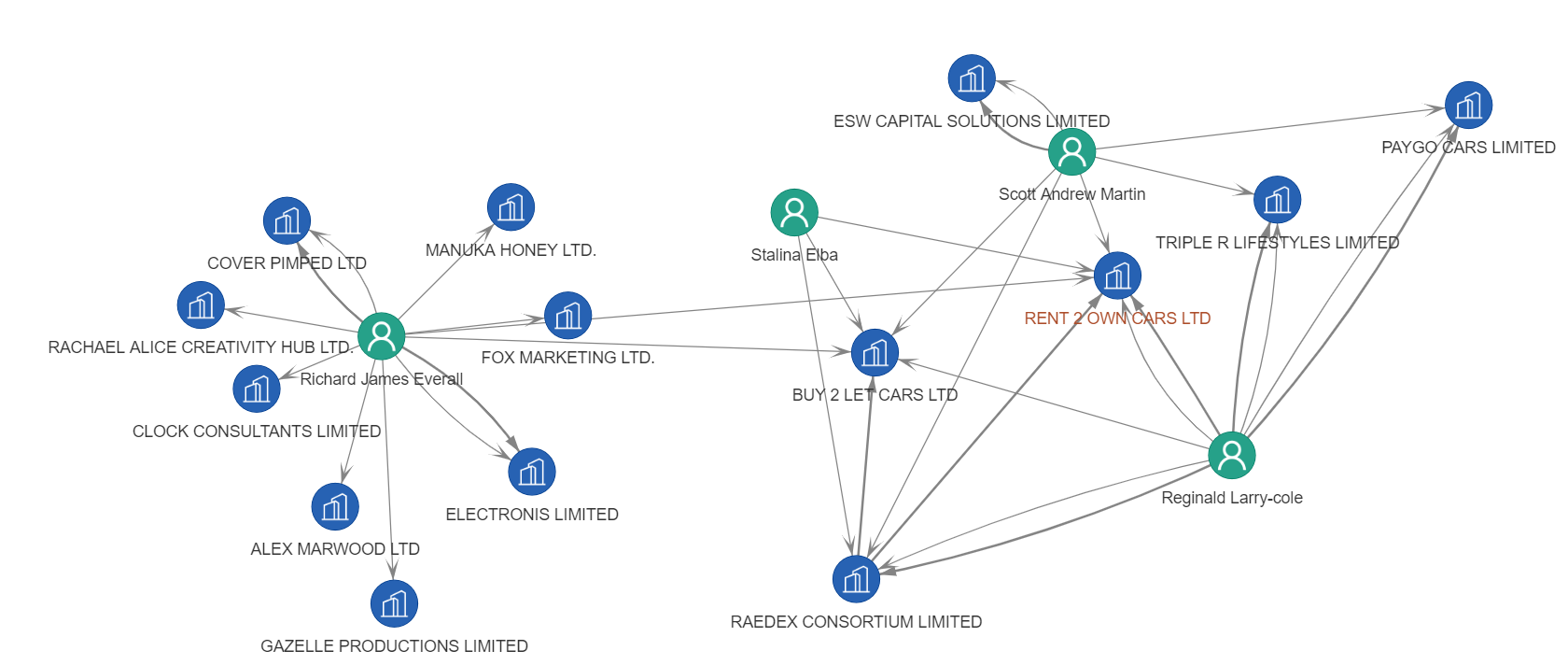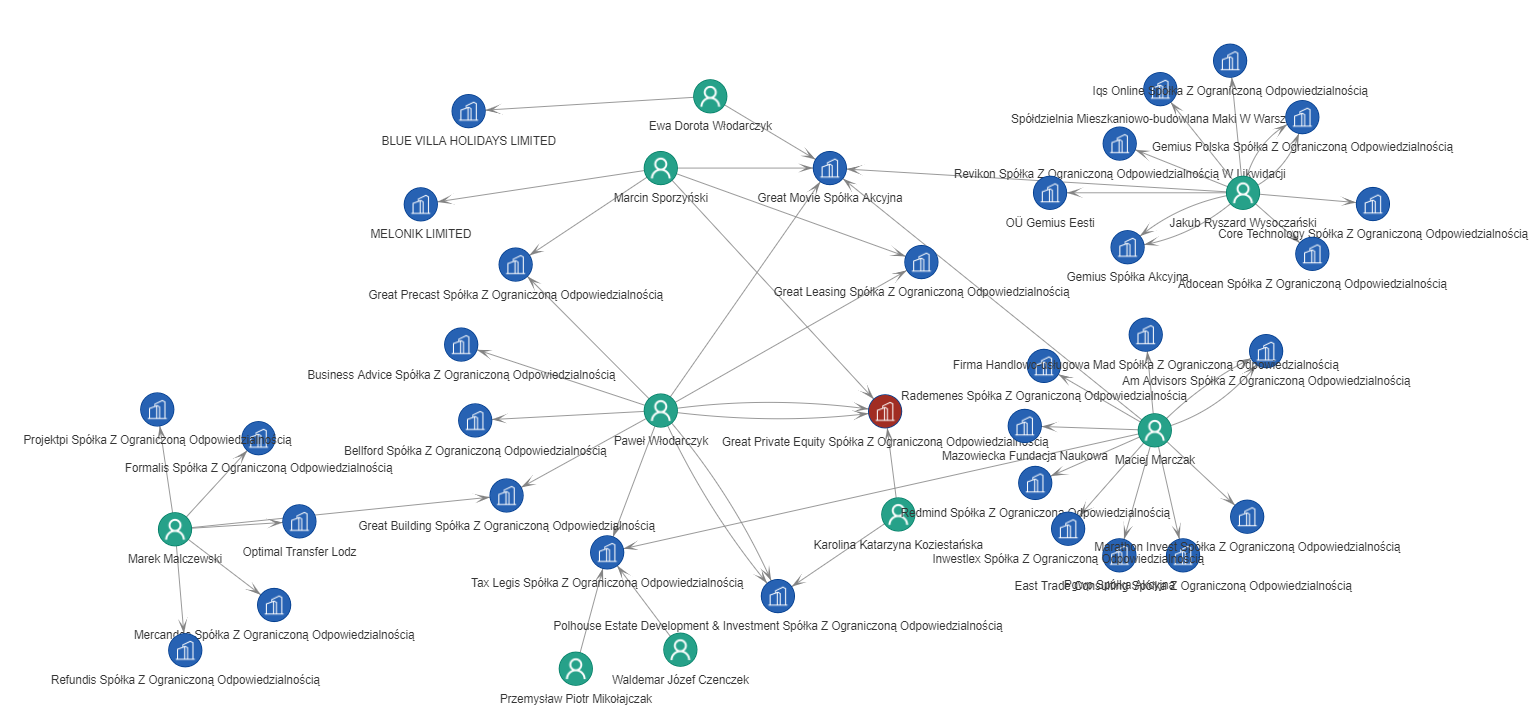
The short-lived European Super League ignited a passionate debate amongst football fans and underlined the significant differences between clubs in terms of financial means. The public opinion took sides with the UEFA in the dispute with the twelve rebel clubs arguing that a Super League would be unfair, uncompetitive and divisive. The project collapsed in only a few days amid a massive backlash but highlighted once again UEFA’s capacity to clean its own yard. Why did European football’s governing body have such a violent reaction?
For those who are not too familiar with the phenomenon, UEFA and FIFA are two supranational organisations governing the laws, the administration and the finances of football clubs, competitions and players. They oversee budgets and manage financial transactions accounting for hundreds of billions of euros for over 60 years with no external interference.
UEFA and FIFA are making “de jure” the laws in football, but in reality, they are above the law. Thus, no regulatory watchdog, no jurisdiction and no law enforcement have any power in matters concerning football. While other activities are heavily scrutinised concerning the risk of money laundering, nobody is assessing the exposure to financial crime in football. Why? The two governing bodies are hermetically closed systems and all issues are judged and settled internally, following specific rules and laws. FIFA and UEFA are nothing else than two jurisdictions with no territory, but with one billion subjects.
Interestingly, the Super League controversy eclipsed the corruption trial taking place in Switzerland involving the former UEFA president Michel Platini. He is a suspect in a corruption case related to a payment of two million Swiss francs from FIFA authorised by Sepp Blatter (FIFA’s president at that time) in 2011. Platini testified as a witness in a separate corruption case against FIFA president Gianni Infantino. Over the past decade, a few scandals erupted in the media emphasising huge dysfunctionalities and horrendous behaviours in the two organisations. The evidence showing structural corruption and money laundering in the football economy had some initial traction but dwindled quickly.
UEFA and FIFA are untouchable and no organisation has any power over them. In order to keep their status, holding influence is a crucial aspect. It explains UEFA’s rapid and prompt reaction against the dissenting clubs. If a European League was to be created, it could have been the beginning of the end for the Nyon-based organisation. It is not just a financial matter but also a question of keeping everybody and everything under control.
Why does enforcement not step in to vigorously investigate the financial schemes in the two organisations?. Such an operation would unravel the dirty truth about the source of funds and the enormous amount of money laundered in football. It would lead probably to the demise of professional sports, and the stakes are too high.
UEFA behaved like a mafia syndicate afraid that a rebellious faction could do its own thing and leak information about the internal affairs. Therefore, UEFA acted with a sense of urgency to keep its turf intact and to avoid any unexpected turn of events. The Super League was not only a financial threat for the UEFA but opens the gate towards decentralization in football. Decentralization is just a step away from external agencies looking into UEFA’s and FIFA’s affairs. The retaliation on the twelve rebel clubs will be painful and will serve as an example for those trying similar endeavours.
Nevertheless, for UEFA and FIFA, the clock is ticking and is just a matter of time until a massive scandal concerning their internal financial wrongdoing will erupt.
“I forgive everyone but I don't forget. We cannot live without Uefa and Uefa cannot live without us.”
Sepp Blatter, former UEFA president
Focus: Buy2Let Cars
“Unlike property investing, you won’t have to lift a finger to benefit from this great return of 7 to 11% p.a..” states on its website Buy2Let Cars, a West Wickham based company specialised in unregulated financial investments. Serious Fraud Office operated arrests and raided domiciles as part of an investigation concerning Raedex Consortium and its owner Reginald Larry Cole. Raedex is controlling Buy2Let Cars as well as a few other companies, including PayGo Cars, Wheels4Sure and Rent2Own Cars, allegedly involved in a structured investment scam. The companies mentioned above promised double-digit returns to individual investors. The Financial Conduct Authority announced in March 2021 that Raedex ceased its operations, but seemingly Buy2Let’s website is still functional. To be continued...

Focus: Great Private Equity
Polish authorities operated arrests in relation to Great Private Equity, a Krakow based company selling fraudulent investments. The company issued bonds for alleged profitable investments in Forex trading. 152 investors lost over 3.5 million euros as they were promised guaranteed returns between 8 and 10% per year. The company’s directors include four Polich citizens: Paweł Włodarczyk, Marcin Sporzyński, Ewa Dorota Włodarczyk and Karolina Katarzyna Koziestańska. They have ties with companies based in the United Kingdom and Estonia. Seemingly, this could be only a piece of a giant puzzle.

Word on the Street: Knights of Coke (I)
While the media’s attention is focused upon Mexican cartels and South American syndicates, less is actually known about the organisation controlling the drug trafficking in Europe. Europe represents a huge market for drug dealers and especially for those specialized in cocaine. Two decades ago, cocaine was a luxury product affordable and available to the highest social circles. Since 2008, we witness the democratisation of cocaine consumption which became more popular with people from all walks of life.
The European cocaine market is shared amongst several organisations. Montenegro, the small country from the Balkans with a half of million people, harbours the leading mafias controlling cocaine trafficking. Kotor is Montenegro’s touristic hub and the place of birth of the two most prominent criminal organisations from the Balkans: the Kavač and the Škaljari clans.
Last week the Montenegrin police operated several arrests in Kotor, including Slobodan Kašćelan, the undisputed leader of the Kavac group. The clan took another massive hit in Portugal, where local authorities arrested two One hundred fifty-two prominent members Igor and Vladimir Božović. There are many unknowns in the equation, and it is not clear how the Montenegrin outclassed other more established organisations.